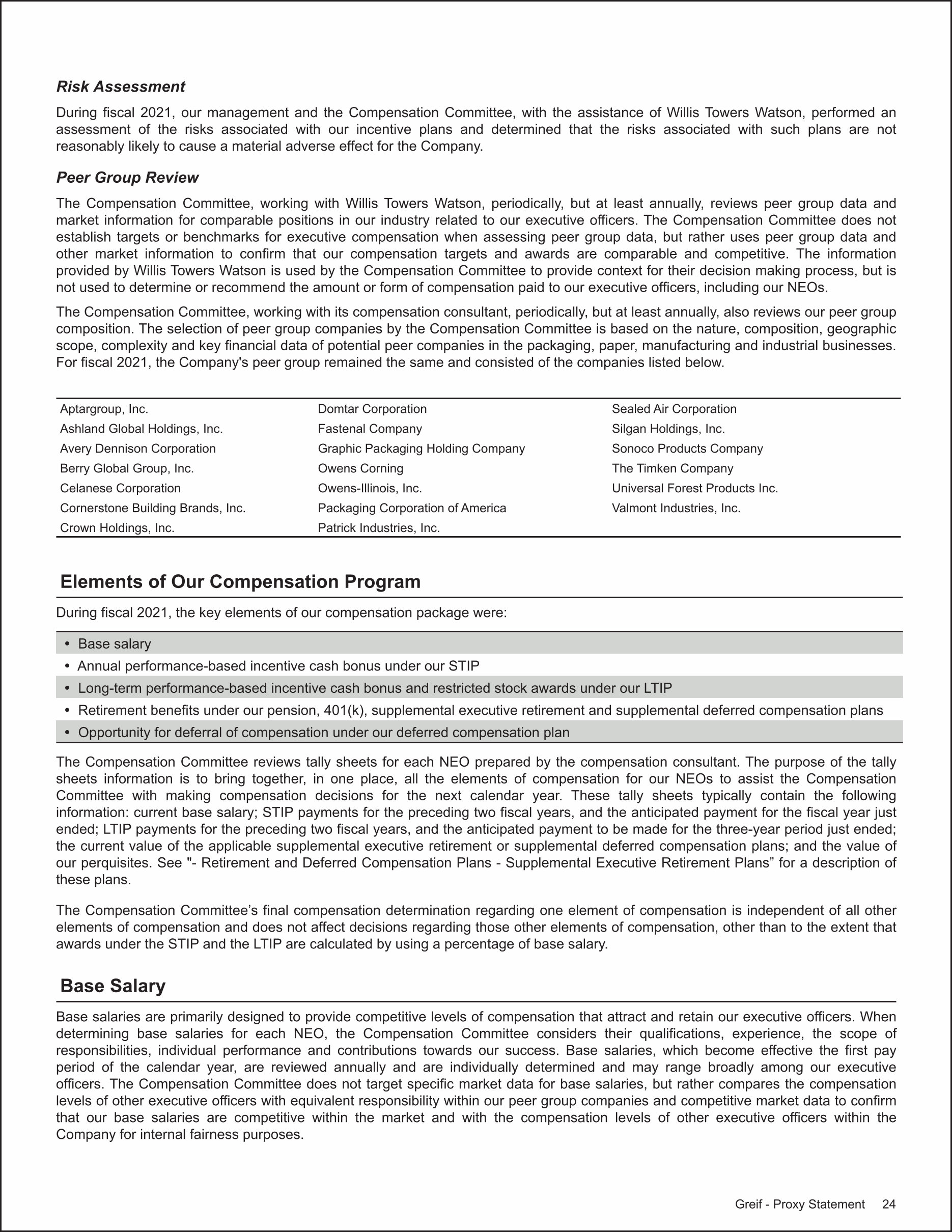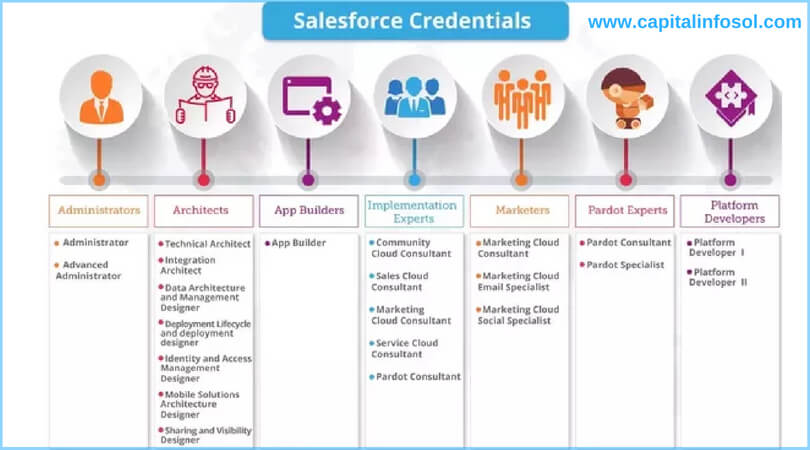
An IT consultant is a great choice for anyone looking to improve their business. These professionals have a broad knowledge of the latest innovations and technologies, which will enable them to make the right suggestions and avoid common mistakes. Today's technology is constantly changing, so it is crucial to hire someone who has extensive experience in your field. These professionals can help you improve your business systems and hardware, and they can also help you avoid making acquisition blunders.
Virtuous growth cycle
The virtuous growth cycle is the secret to sustainable value growth. It helps you identify where to play and how to win. There are many approaches to strategic it consulting. These consultants have both industry and functional expertise. They know how to combine both to provide the best strategic solutions for your business. They also understand the industry and its processes. Because they know this model, they can help to implement it to your advantage.
A virtuous business cycle is one that a firm has a niche market and a great workload. It also has a good fee structure and can export services beyond its geographic boundaries. A firm must have a larger marketing budget to be able to enter this cycle. A firm that invests heavily in technology and has high-quality staff will see a steady growth cycle. It will eventually be a profitable company in the long-term.

The value of a well-seasoned business strategist
A business strategist with at minimum ten years of experience is a good choice if you're looking to hire a strategic IT consulting firm. All consultants have strengths as well as weaknesses. However, these consultants know exactly what to look for when choosing a consultant. Experienced business strategists will have a track of success in their chosen industry and will be willing to share this with you.
Cost to hire one
It is quite expensive to hire an IT consultant. In-house employees tend to charge lower hourly rates that external contractors. This should be seen in terms the annual rate and not for each project. In short-term projects, independent contractors are often willing to accept an hourly rate. There are many IT consulting fees available. It is up to the company to decide which one suits their needs best.
The average cost of a strategic case can range from $500,000 to $1,000,000, depending on how many consultants you have and what premium the firm is willing to pay. If a business strategist charges $100 per hour, she might charge $200 to $300 an hour for her services. Less experienced consultants may charge $500 an hour or more. Think about your budget when considering the cost of hiring a strategic IT specialist.
Career path
Strategic IT consulting requires strong technical knowledge. This is why it is important to have the experience necessary to succeed. You will need to have at minimum some IT experience. This can be acquired through internships, or entry-level tech jobs. Depending on your ambitions, advanced degrees are helpful. A master's degree is a great way to increase your credibility among clients and open up doors for leadership positions.

It is possible to make decent salaries if your career is in the corporate world. However, you may struggle to make this type of income if you work for a start-up. A reputable consulting company is another option. Then, once you've honed your skills, you can move into a senior position. Many consultants end up in executive director or CEO positions. You can make a lot of money consulting in strategic IT.
FAQ
What should I expect from my consultant
Within a few days of selecting your consultant, you can expect to hear back. They will usually ask for information about your company, including its mission, goals, products, services, budget, etc. After receiving this information, they will prepare a proposal outlining their scope of work, estimated timeline, fees, deliverables and milestones.
If all goes according to plan, the two sides will sign a written deal. The type of relationship between the parties (e.g., employee-employer, independent contractor-employer) will affect the terms of any contract.
If all goes according to plan, the consultant will begin working immediately. The consultant will have full access to your files and resources. You'll also have access to their skills and knowledge.
However, don't assume that just because someone is a consultant that s/he knows everything. It takes practice, effort and practice in order to be an expert in any area you consult. You shouldn't expect your consultant will know everything you need to know about your business.
What happens after the consultant completes the job?
After the consultant finishes the work, s/he will send a final report outlining the results. This report details the project timeline, deliverables, as well any other pertinent information.
Next, you will review the report and determine if the consultant has met your expectations. You can request modifications or terminate your contract if the report is not satisfactory.
Do I have to pay tax on consulting income
Yes, you will need to pay tax on your consultancy profits. The amount of your earnings per year will determine the tax payable.
If you are self employed, you can claim expenses in addition to your salary. This includes rent and childcare.
However, you can't deduct interest payments for loans, vehicle depreciation or the cost to purchase equipment.
If you earn less than PS10,000 per year, 25% can be claimed back.
But even if you're earning more than this threshold, you might still be taxed depending on whether you're classed as a contractor or employee.
Employees are generally taxed through PAYE (pay as you earn) and contractors through VAT.
How can I become a successful consultant
Find an area that you are passionate about. Next, you need to establish relationships. It is crucial to learn about your clients and understand their needs. Finally, you have to deliver results for your clients.
While you don’t necessarily have to excel at every task, you should be better than all the rest. It is important to be passionate about what you do. It doesn't suffice just to say "I'm going be a Consultant." You must believe in yourself.
What's the difference between an advisor and a consultant?
An advisor provides information about a topic. Consultants offer solutions to problems.
A consultant works directly with clients to help them achieve their goals. An advisor advises clients indirectly through books, magazines, lectures, seminars, etc.
What type of contracts are available to consultants?
When consultants are hired, they sign standard employment agreements. These agreements specify how long the consultant will be working for the client and what he/she will be paid.
Contracts can also indicate the areas of expertise that the consultant will concentrate on and the compensation they will receive. One example is that the agreement may specify that the consultant provides training sessions and workshops, webinars, seminars, or other related services.
Sometimes the consultant will simply agree to complete a task within a certain timeframe.
In addition to standard employment agreements, many consultants also sign independent contractor agreements. These agreements allow consultants to work independently while still receiving payment.
What qualifications do you require to become a Consultant?
It's not enough just to have an MBA degree; you must also demonstrate experience working as a business consultant. At least two years experience in training and/or consulting for major companies is required.
You should have had experience working with senior management to create strategy. You will need to feel comfortable communicating ideas to clients and getting their support.
A professional qualification exam, such as the Certified Management Consultant (CMC), of the Chartered Management Institute (CMI), is also required.
Statistics
- Over 62% of consultants were dissatisfied with their former jobs before starting their consulting business. (consultingsuccess.com)
- According to statistics from the ONS, the UK has around 300,000 consultants, of which around 63,000 professionals work as management consultants. (consultancy.uk)
- On average, your program increases the sales team's performance by 33%. (consultingsuccess.com)
- "From there, I told them my rates were going up 25%, this is the new hourly rate, and every single one of them said 'done, fine.' (nerdwallet.com)
- According to IBISWorld, revenues in the consulting industry will exceed $261 billion in 2020. (nerdwallet.com)
External Links
How To
What does a typical day look like for a consultant?
A typical day will vary depending on the type of work you are undertaking. You will be spending time researching, planning new ideas, meeting with clients, and creating reports.
You'll often have meetings with clients where you can discuss issues and solve problems. These meetings can be conducted over the phone, by email, face-to-face, or online.
You may also be asked to prepare proposals, which are documents outlining your ideas and plans for clients. These proposals should be discussed with a mentor or colleague before being presented to clients.
After all the preparation, you'll need to start creating content. This could include writing articles, designing websites or editing photos.
You may need to conduct research depending on the scope of your project to find relevant statistics and figures. This could include finding out how many customers your company has and whether they purchase more than one product.
Once you have all the information needed, it is time for clients to see your findings. Your findings can be presented orally or written.
After your initial consultation, you should follow up with your clients. You might contact them regularly to check on their progress or send them emails to confirm they have received your proposal.
Although this process can take time, it is important to stay focused and build good relationships with your clients.